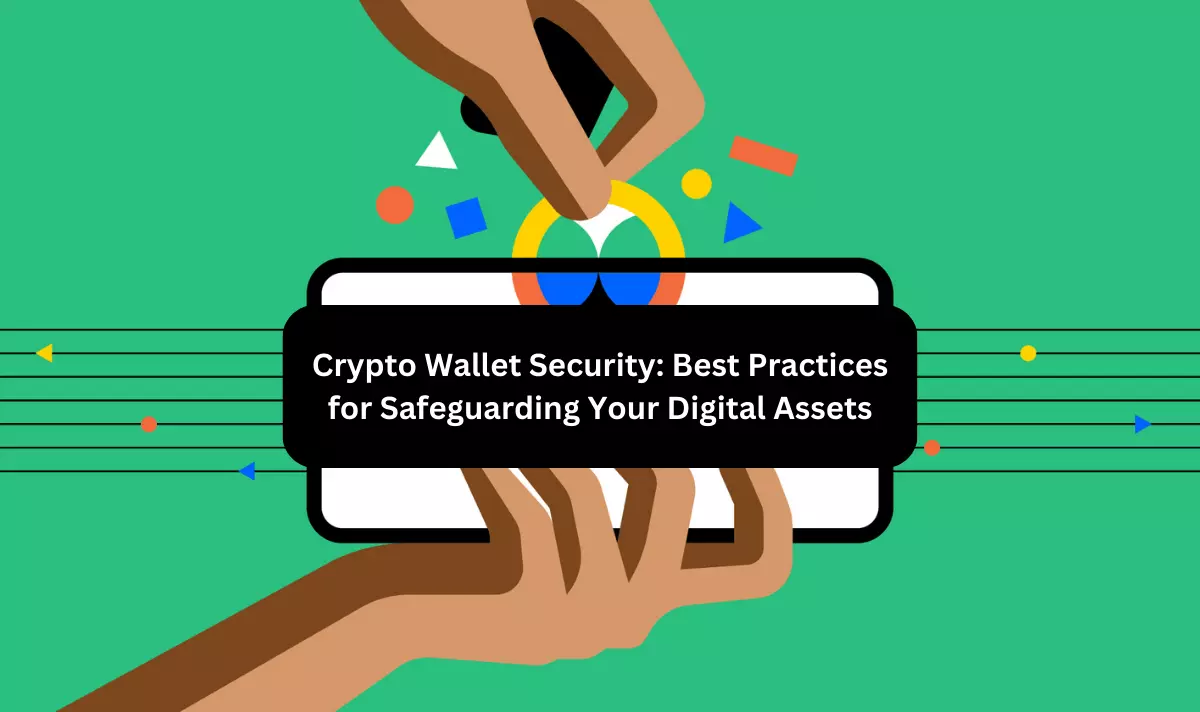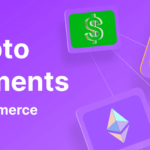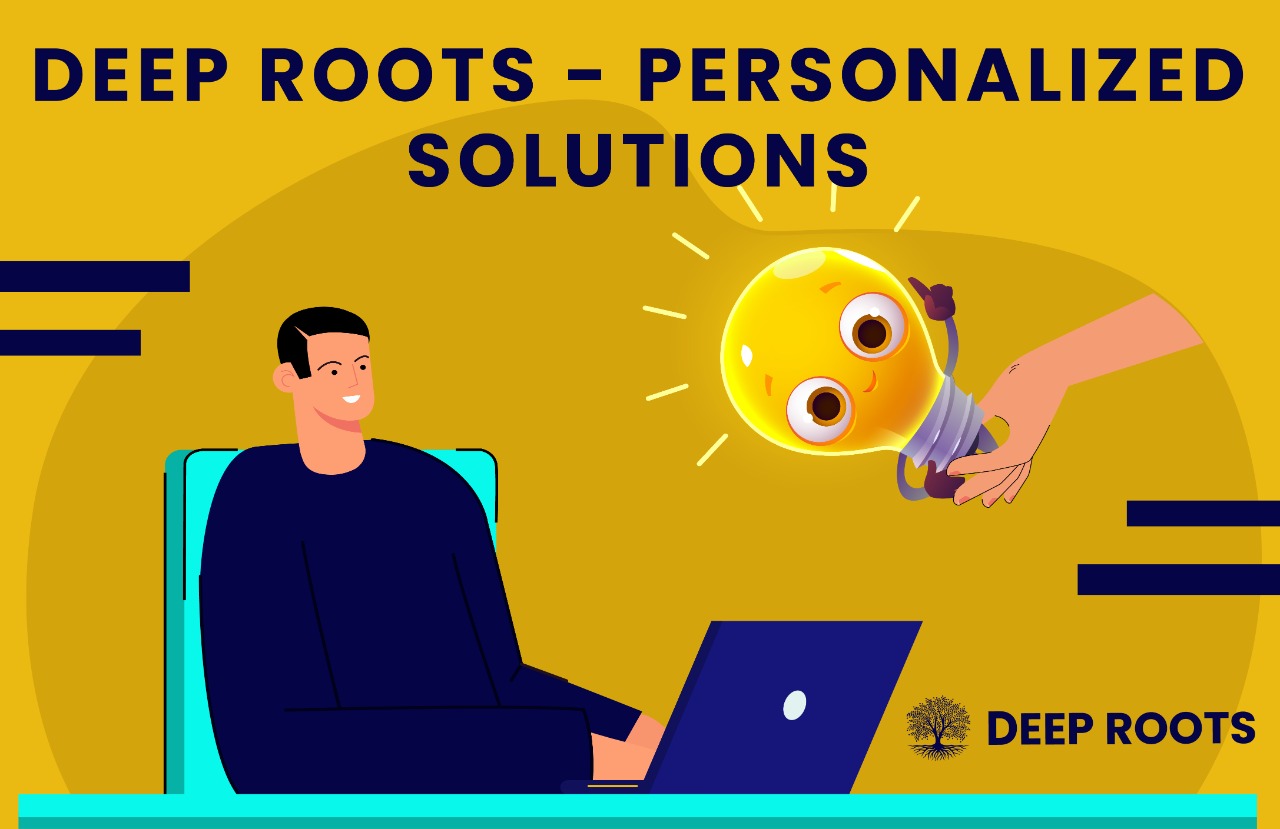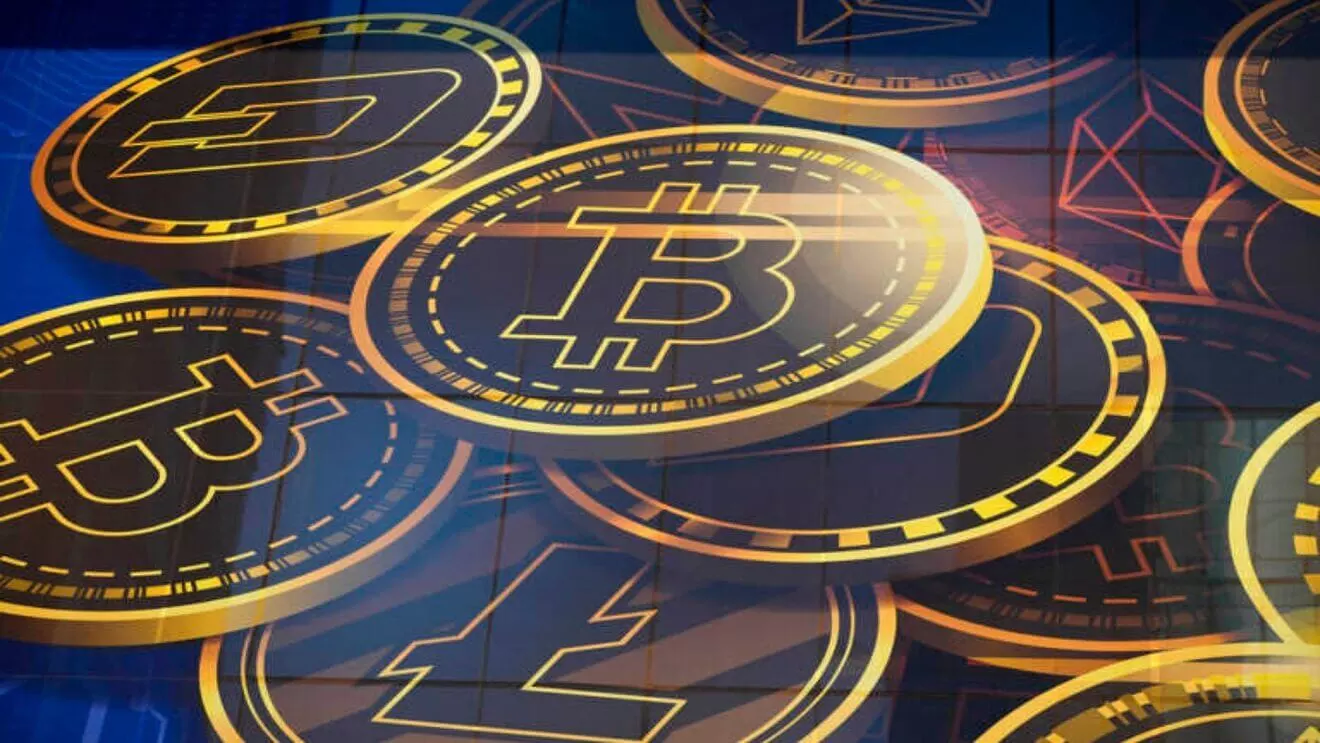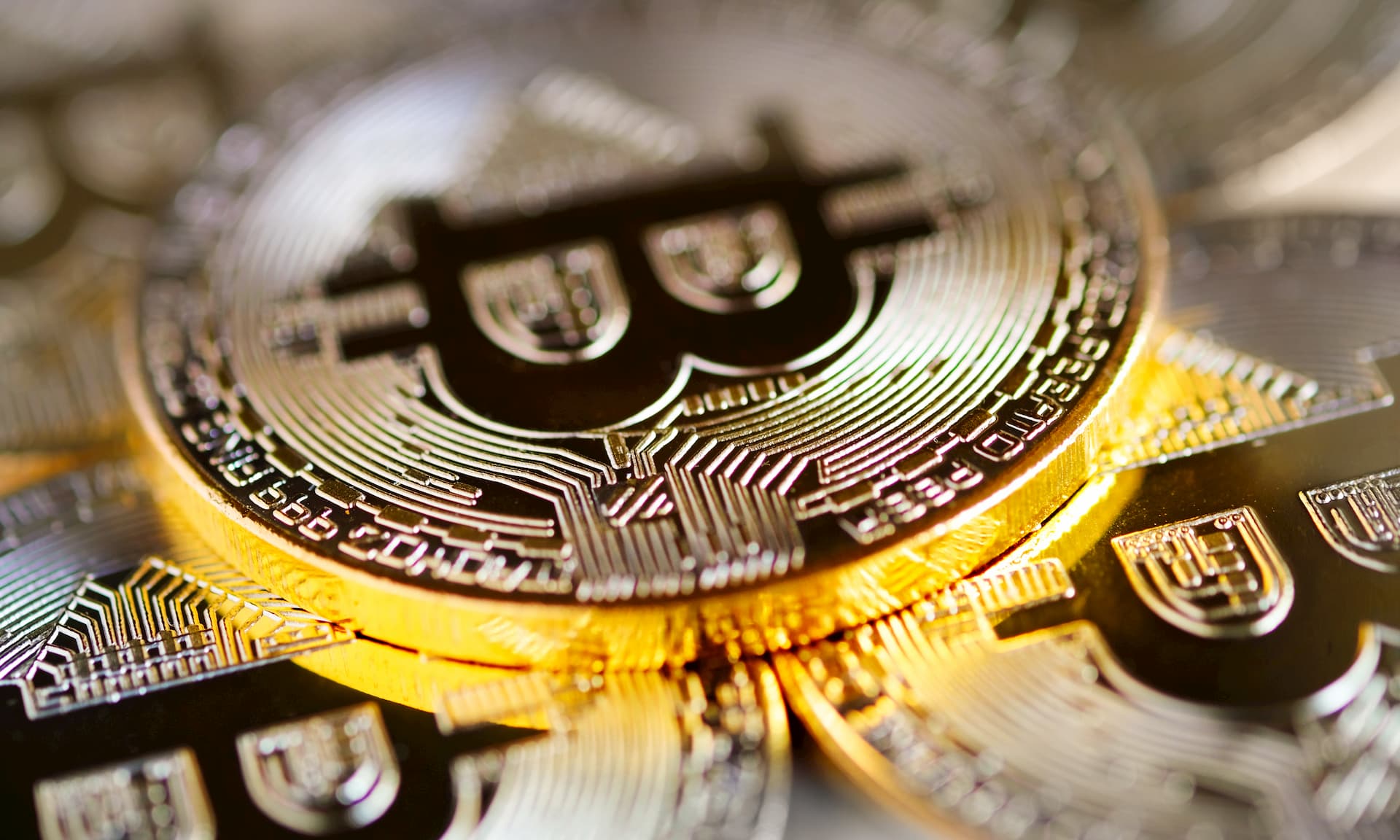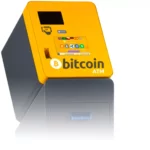
The world of gaming has witnessed a significant transformation with the advent of blockchain technology. The marriage of crypto and gaming has given rise to a new paradigm, offering unprecedented opportunities and experiences for both gamers and developers. In this article, we will explore how blockchain technology is revolutionizing the gaming industry and delve into the various aspects that make crypto gaming a game-changer.
What is blockchain technology?

Blockchain technology is a decentralized and transparent ledger system that enables secure and immutable transactions. It acts as a distributed database, recording every transaction across a network of computers, known as nodes. Each transaction, or block, is linked to the previous one, forming a chain of information. This technology eliminates the need for intermediaries and ensures trust and integrity in the digital world.
The rise of crypto gaming
Blockchain technology has brought about several advancements in the gaming industry, making games more immersive, secure, and rewarding. Let’s explore the key ways in which crypto gaming has transformed the landscape.
How blockchain enhances gaming experiences
Blockchain technology introduces several innovative features that enhance gaming experiences. It enables true ownership of in-game assets, facilitates peer-to-peer trading, and enables players to earn cryptocurrency rewards for their achievements. These features create a dynamic and interactive gaming environment that fosters engagement and loyalty among players.
Benefits for gamers
Crypto gaming offers numerous benefits for gamers. With blockchain, players have real ownership of their in-game assets, which can be traded, sold, or utilized across multiple gaming platforms. This ownership brings value and permanence to virtual items, allowing players to invest in their gaming experiences. Additionally, blockchain technology ensures transparency and fairness in gameplay, mitigating issues like cheating and fraud.
Benefits for developers
Blockchain technology opens up new avenues for game developers. It enables the creation of non-fungible tokens (NFTs), which represent unique virtual items. These NFTs can be monetized, allowing developers to generate revenue beyond the initial game sale. Furthermore, blockchain-powered games can implement play-to-earn models, where players can earn cryptocurrency by participating in the game. This incentivizes player engagement and drives community growth.
NFTs and in-game assets
One of the most significant aspects of crypto gaming is the tokenization of in-game assets. By leveraging blockchain technology, virtual items can be represented as NFTs. This tokenization provides a range of benefits for gamers and developers alike.
Tokenization of virtual items
With blockchain, virtual items can be tokenized, making them unique and scarce. NFTs allow players to truly own their in-game assets, as the ownership records are stored on the blockchain. This not only enhances the value and collectability of virtual items but also enables interoperability across different games and platforms.
Ownership and trading possibilities
Blockchain technology enables peer-to-peer trading of virtual items. Players can freely trade or sell their NFTs, opening up a vibrant marketplace for virtual assets. This introduces a new dimension of value creation, where players can profit from their virtual item investments. Furthermore, the transparency of blockchain ensures the legitimacy of transactions, reducing the risks associated with scams or counterfeit items.
Play-to-earn models
Crypto gaming has introduced the concept of play-to-earn, which allows players to monetize their gaming skills and time invested in a game.
Opportunities for players to monetize their skills
Traditional gaming often limits players to in-game rewards with little real-world value. However, with play-to-earn models powered by blockchain, players can earn cryptocurrency as they progress in the game. This creates economic opportunities for players, especially in regions where access to traditional job markets may be limited. Skilled players can turn their gaming hobby into a source of income.
Empowering gamers in the digital economy

Play-to-earn models empower gamers by providing them with a share of the value they create in the virtual world. By earning cryptocurrency, players can participate in the broader digital economy, where they can trade their earnings, invest in other assets, or even convert them into fiat currency. This economic empowerment has the potential to reshape the gaming industry and redefine the relationship between players and developers.
Decentralized gaming platforms
Blockchain technology enables the creation of decentralized gaming platforms, which eliminate intermediaries and enhance security and transparency.
Removing intermediaries
Traditional gaming platforms often act as intermediaries, controlling the distribution and monetization of games. Blockchain-based platforms aim to decentralize this control, allowing developers to directly publish their games and interact with players. This disintermediation fosters a more inclusive and democratic gaming ecosystem.
Enhancing Security and Transparency
Blockchain provides enhanced security and transparency in gaming. By leveraging cryptography and decentralized consensus mechanisms, blockchain-based games minimize the risk of hacking, cheating, and fraud. Additionally, the transparent nature of blockchain ensures fairness in gameplay and builds trust among players.
Challenges and potential solutions
While crypto gaming holds immense potential, it also faces several challenges that need to be addressed for widespread adoption.
Scalability and transaction fees
Blockchain networks, such as Ethereum, often face scalability issues, leading to high transaction fees and slower processing times. However, solutions like layer 2 scaling solutions and blockchain interoperability protocols are being developed to address these challenges, making crypto gaming more accessible and cost-effective.
User adoption and education
Blockchain technology can be complex for newcomers. User-friendly interfaces and educational resources are essential for promoting widespread adoption of crypto gaming. Efforts to simplify the onboarding process and educate users about the benefits and mechanics of blockchain gaming are crucial for its long-term success.
Regulatory considerations
The intersection of gaming and cryptocurrency raises regulatory questions. Governments and regulatory bodies need to develop frameworks that protect players’ rights, prevent money laundering, and ensure a fair and secure gaming environment. Collaborative efforts between industry stakeholders and regulators are necessary to strike a balance between innovation and consumer protection.
The Future of crypto gaming
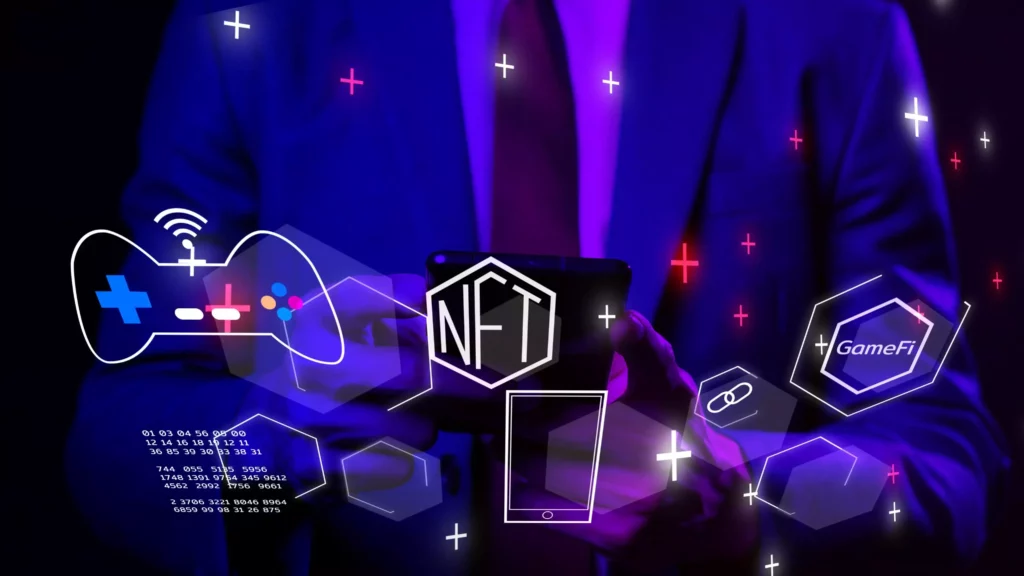
The future of crypto gaming is filled with exciting possibilities and potential advancements.
Integration with virtual reality and augmented reality
The integration of blockchain technology with virtual reality (VR) and augmented reality (AR) can create immersive and interactive gaming experiences. By combining these technologies, players can enter virtual worlds and interact with blockchain-based assets in a more tangible and realistic manner.
Mainstream acceptance and widespread adoption
As blockchain technology continues to mature and address scalability challenges, crypto gaming has the potential to go mainstream. With more user-friendly interfaces, improved game quality, and regulatory frameworks in place, we can expect widespread adoption of crypto gaming across different demographics.
Conclusion
Blockchain technology has ushered in a new era of gaming, where players have ownership, transparency, and economic opportunities within virtual worlds. Crypto gaming has transformed the industry by introducing innovative features such as NFTs, play-to-earn models, and decentralized platforms. While challenges exist, the future looks promising, with the potential for integration with VR/AR and widespread adoption. As the gaming industry continues to evolve, blockchain technology will undoubtedly play a crucial role in shaping its future.
Is crypto gaming secure?
Yes, blockchain technology enhances security in gaming by leveraging cryptography and decentralized consensus mechanisms. This minimizes the risk of hacking, cheating, and fraud.
Can I make money from crypto gaming?
Absolutely! Crypto gaming introduces play-to-earn models, allowing players to monetize their skills and earn cryptocurrency rewards. Skilled players can turn their gaming hobby into a source of income.
How do NFTs work in crypto gaming?
NFTs, or non-fungible tokens, represent unique virtual items in crypto gaming. These tokens are stored on the blockchain, providing true ownership and enabling trading and monetization possibilities.
What are the challenges of crypto gaming?
Crypto gaming faces challenges such as scalability, high transaction fees, user adoption, and regulatory considerations. However, ongoing developments and collaborative efforts aim to address these challenges.
What does the future hold for crypto gaming?
The future of crypto gaming looks promising, with potential integrations with virtual reality and augmented reality, mainstream acceptance, and widespread adoption as blockchain technology continues to evolve.

A business blog writer at the age of 19, Francis is a jack-of-all trades when it comes to writing. He specializes in content creation for businesses and blogs. With years of experience under his belt, he’s able to provide both written and video content that will engage readers and viewers alike!


